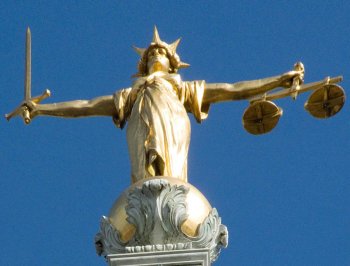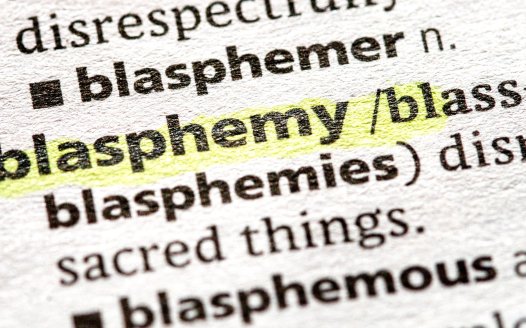NSS welcomes shelving of Bill of Rights
Posted: Wed, 7th Sep 2022
The National Secular Society has welcomed the government's decision to shelve its plan to replace the Human Rights Act with a British Bill of Rights.
The proposed legislation would have weakened judges' interpretative powers and public access to judicial review.
Reporting today suggests the bill is either to be "reviewed" or "dead".
The Human Rights Act (HRA) 1998 incorporates the rights contained in the European Convention on Human Rights (ECHR) into UK law. It makes it generally unlawful for any public body to act in a way which is incompatible with the convention.
It also allows domestic judges to interpret legislation in a way that is compatible with the ECHR. The NSS has previously warned that removing this dynamism could compel courts to interpret Convention rights in a "narrow, static fashion" which risks increased clashes with the European Court of Human Rights (ECtHR) and "a significant rollback on human rights protections, particularly for the nonreligious".
The Ministry of Justice also proposed reforms that would raise the threshold to apply for a judicial review, where an individual requests that the courts decide if action taken by a public body follows the law.
The government had suggested courts should focus on "genuine human rights matters" and proposed a requirement for claimants to demonstrate they have suffered "a significant disadvantage" before a human rights claim can be heard in court.
In response to government consultation, the NSS said the right to judicial review is a "vital mechanism for holding public authorities to account" which should be maintained under a bill of rights.
It said it saw "no evidence" that courts are not already focusing on "genuine" human rights cases. It warned raising the threshold for bringing claims would "serve primarily to prevent courts from considering cases where human rights have been breached".
NSS: "Any future reforms must guarantee equal rights for all citizens, regardless of religion or belief."
NSS campaigns officer Alejandro Sanchez said: "The Human Rights Act has been an effective means of upholding individual rights for over 20 years. No compelling case has been advanced for its replacement.
"Any future reforms must guarantee equal rights for all citizens, regardless of religion or belief. Where an individual feels their rights have been violated by a public body, there must remain a practical and effective mechanism through which this can be challenged."
What the NSS stands for
The Secular Charter outlines 10 principles that guide us as we campaign for a secular democracy which safeguards all citizens' rights to freedom of and from religion.








